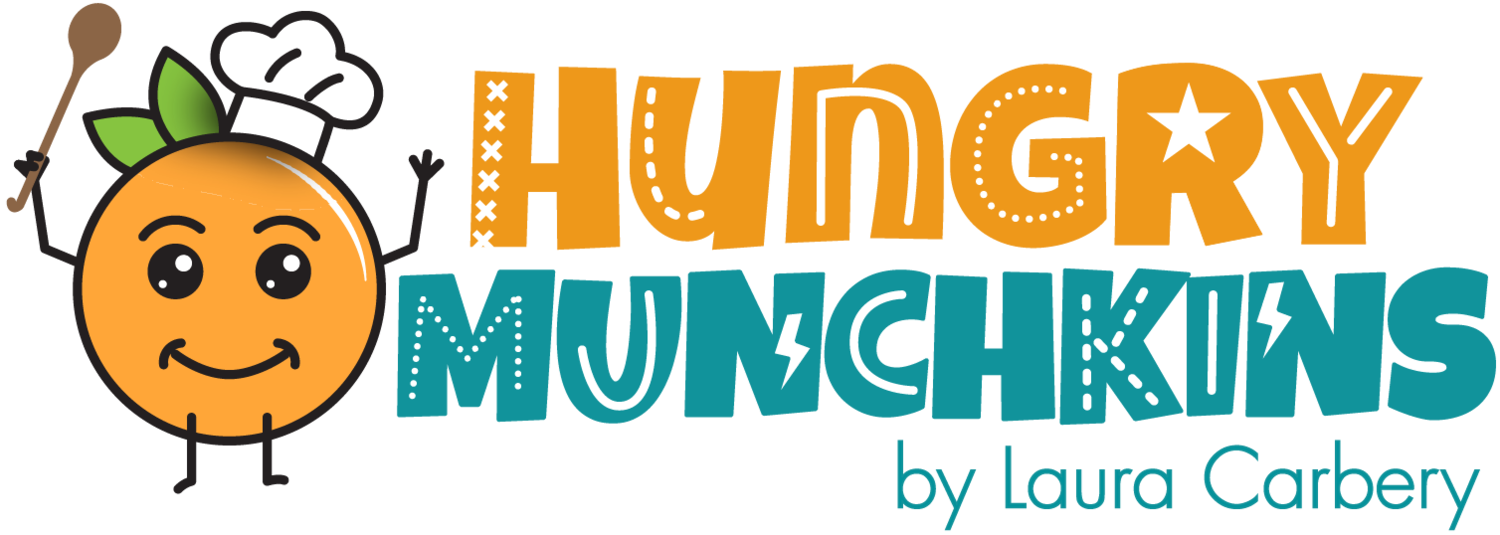Why and When Should I Wean?
Why to Wean, When to Wean and When Not to Wean
By Laura Carbery of Hungry Munchkins
4 Min Read
The first 12 months of life is the fastest growth period in a human's life.
Babies triple their birth weight and double their surface area by 12 months of age, therefore adequate nutrition during infancy is required for lifelong health and wellbeing.
The World Health Organisation and our National Feeding policy suggest that babies should not be weaned onto solid foods until 6 months and not before 17 weeks. Exclusively breastfeeding for the first 6 months of life will allow your baby to achieve optimal growth, development and health. According to the FSAI, approximately 70% of babies are weaned onto solid foods too early.
Why Wean onto Solid Foods?
• What your baby eats at 9 months is a picture of what your baby will eat when they are 5 years of age. The window between 6 - 9 months is therefore the most important time to introduce your baby to a huge variety of good foods.
• It helps babies develop their coordination, their tastes and textures and helps them develop socially.
• Babies’ iron stores are becoming depleted by 6 months of age, so the introduction of iron rich foods is required for brain development.
• Research shows that delaying the introduction of gluten past 7 months increases the risk of type 1 diabetes, coeliac disease, and some allergies.
When Should I Wean?
Never before 17 weeks (4 months)
• Breast milk is adequate as the sole food up to the age of six months.
• Solid foods increase the renal solute load on the infant’s immature kidneys
• There’s an increased risk of allergies, type 1 diabetes and coeliac disease in babies that are weaned onto solid foods early.
• Other fluids or foods displace the essential nutrients supplied by breast milk.
No later than 26 weeks (6 months)
What are the signs my baby is ready for weaning?
• Has good head control and can to sit up with some support. He/ She may not be quite ready to sit in a highchair but she must be able to keep in an upright position when held on your lap.
• Shows interest in food and watches you eagerly as you eat; may even reach out for foods.
• Has started making chewing motions. Your baby will need to be able to move food from the front to the back of her mouth and then swallow it.
• Your baby has good hand-eye coordination and can bring their hands and favourite toys to their mouth.
When might my baby not be ready for weaning?
Some signs that can be mistaken for a baby being ready for solid foods:
• Chewing fists – (May be teething).
• Waking in the night when they have previously slept through - (Could be sleep regression).
• Wanting extra milk feeds - (Could be growth spurt).
These are normal behaviours and not necessarily a sign of hunger or being ready to start solid food. Starting solid foods won't make them any more likely to sleep through the night. Extra feeds are usually enough until they're ready for other food.

